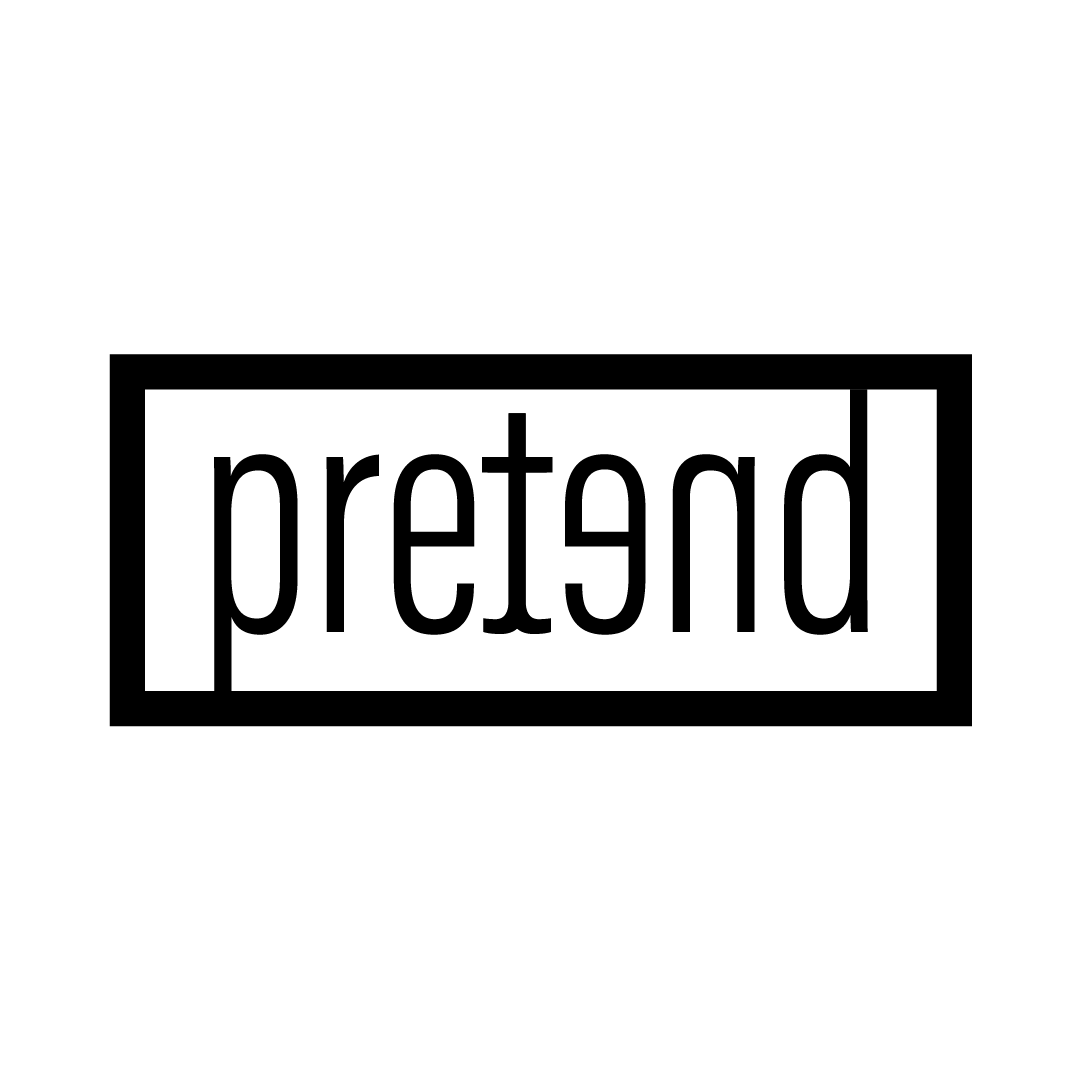By Rosie Stephens
Infused with an abundance of vulnerability and honest expression, Soham presents his latest EP ‘Blue’, released May 2020.
Immediately, in the EP’s opening offering of the soul-stirring track Unstill, Soham’s wandering vocals and their marriage with a tender guitar accompaniment convey raw, candid emotion of an extraordinary depth and maturity. Both Hill House and The Other Side of Pain, the remaining tracks to tie together this musical trio, appear to further confirm Soham’s song-writing mastery.
Throughout the EP, the honesty found in the lyrics is made all the more prevalent through the slight gravelly undertones of Soham’s sensitive singing voice. This merely heightens the level of intimacy very clearly felt between artist and song – and thus between song and listener – to a space far beyond what many artists inhabiting the same corner of contemporary music achieve. Soham’s musical identity, established with his first single in 2018 and still today, is inextricably bound to this tenderness.
In light of the recent release, I spoke to Soham about his music: where it comes from, where it is heading, and what it means to him. As expected, Soham’s considerations of his songs and their situation in today’s world are every inch as thoughtful and honest as the music itself.
What would you describe to be the main source of inspiration for your music?
This year, I’ve been exploring my writing more and more and I’ve found that where I mainly draw inspiration from is ever changing. I’m continuing to realise and understand that a key part of writing is being comfortable and open enough to be inspired by many different things in your life and to take each moment as it comes. I try to stay away from writing songs about people (mostly) but more try to explore ideas and feelings, lyrics or melodies that resonate with me and can take my mind in different places depending on how I am. If something, whether it’s a book, a memory, a feeling or an emotion, stays with me and resonates with me, I find that it injects itself into my writing in some meaningful way.
When did music-making become something serious to you, and something that could lead towards a future career as a professional musician?
I started writing songs when I was about 9/10 years old. I loved coming up with ideas and just turning those ideas into lyrics and melodies. As I got older, I started playing to friends, then open mics and then a few official gigs. I realised from one of my first performances that there was something special about performing to an audience – whether that’s 1 person or 1000 – and connecting with them through something you’ve written, something that’s a part of you that you’re sharing and that people you’ve never met before, from different cultures and backgrounds, can share this feeling with you. There’s something incredibly cathartic and unifying whilst also being incredibly personal and individual.
What does your creative process look like when writing?
Now more so than ever, it’s about time – time to understand, refine and accurately portray what I’m trying to get across. I used to write songs upon songs but now do that less. Whether it’s the lyrics or melody first, whether the song comes in 5 minutes, 5 days, 5 weeks or 5 months, I want to give each song the time it deserves to fully understand and portray what I want it to.
My aim is to hopefully, connect with people through the emotion and vulnerability and that all happens when someone believes your performance. If I can’t believe what I write, then I can’t expect anyone else to.
Finally, if you could change anything about the music industry, what would it be?
I think if I could change anything about the music industry, it would be the way in which social media is used when looking at emerging artists. Also (and this is a big ask) but the exploitative and fickle nature of people in the industry and the way in which music is viewed as a commodity.
As with many things, the music industry isn’t a meritocracy. Being ‘good’ – an incredibly subjective term in music anyways – can take the side-lines for something else. Ideas towards music, the way music is marketed, how music is consumed – I think for emerging artists, a lot of groundwork is expected to be done before anyone in the industry pays attention and it’s very easy for emerging artists to be exploited by people within the industry. How people in the industry perceive you can be very fickle and numbers-based as opposed to who you are and what you’re trying to communicate with your music. I guess I feel that that the idea of what can do well within the industry is very unpredictable and doesn’t necessarily rely on the quality of the music and more so on external factors like social media and image.
Frankly, right now would be a great time to hop on board Soham’s journey, because it will surely not be long before his music will garner more recognition, more listeners, and larger audiences. I genuinely look forward to what is in store for Soham in the future, and urge anyone to listen and experience the emotional gravity that his music has to offer.


